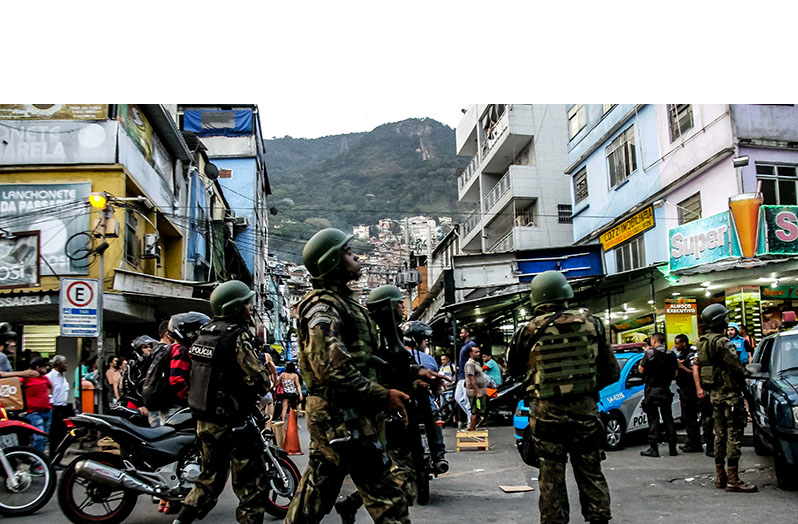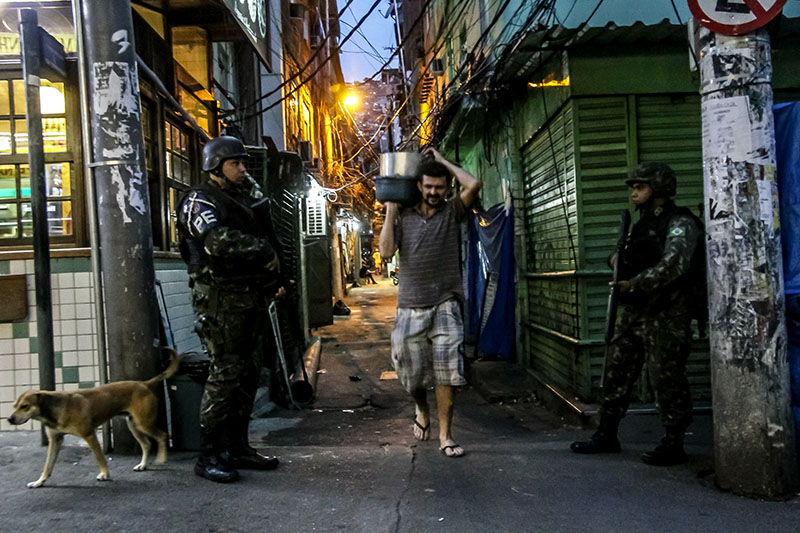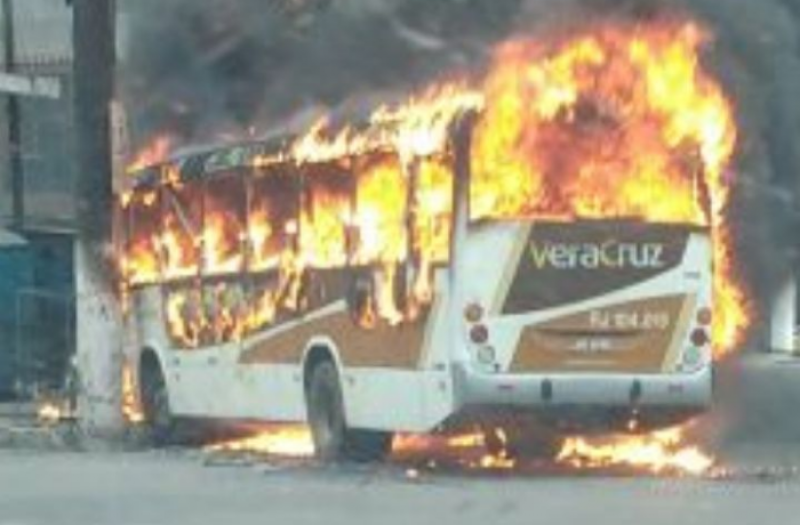The decree made by the manager of the Republic of Brazil Temer in February 16 for the military intervention in Rio de Janeiro is a measure that promotes the centralization of the different repression apparatus under the command of the Armed Forces.

Walter Souza Braga Netto, general of the Military Command of the East (CML) since 2016, who was appointed as the intervener acted in the federal intervention on Espírito Santo in 2017 and also acted during the Olympics in Rio de Janeiro. Netto also appointed the general Richard Fernandes to be the secretary of security in order to promote centralization.
This centralization means a leap in the repression against the people in the city.
To intensify the war actions against the people the commander and General of the Army, Eduardo Villas Bôas, affirmed in a meeting of the Council of the Republic that is necessary to grant "guarantee to act without the risk of a new Commission of Truth is created".
The referred commission had represented no effective advance for the punishment of the crimes of the military regime at all; it was supposed to investigate tortures, murders and disappearing made by the Armed Forces during that time. However, despite not punishing the murderers and torturers, the Commission was inconvenient for some high-ranking officers for eliciting some of their actions.
Also he suggested that the military crimes that will be done during this intervention should only be judged by the Military Justice and also he admits the possibility of the practice crimes as barbarous as the ones perpetrated during the military regime should be admitted.
One day before de minister of Defense Raul Jungmann affirmed that Eduardo Villas Bôas foresaw the necessity of collective arrest warrants in the areas considered conflagrated, which means the military forces will have permission to invade any street, neighborhood, or whole regions.

Despite the harsh rains and floodings, the lack of electricity in many areas for long periods and the attack made by the military police in the favelas, the people are raising in revolt practically every day in many different places of the city. Only organizing this growing revolt can the people resist the attacks of the old State and create the New Power in the favelas.
People revolted after the murder iof a worker in Duque de Caxias municipality in the outskirts of Rio de Janeiro in February 21.

During the revolt in Duque de Caxias the people burnt a bus and raised a burning barricade in the street.
People revolted after a woman was shot by the police in Cantagalo favela, Rio de Janeiro January 22.
